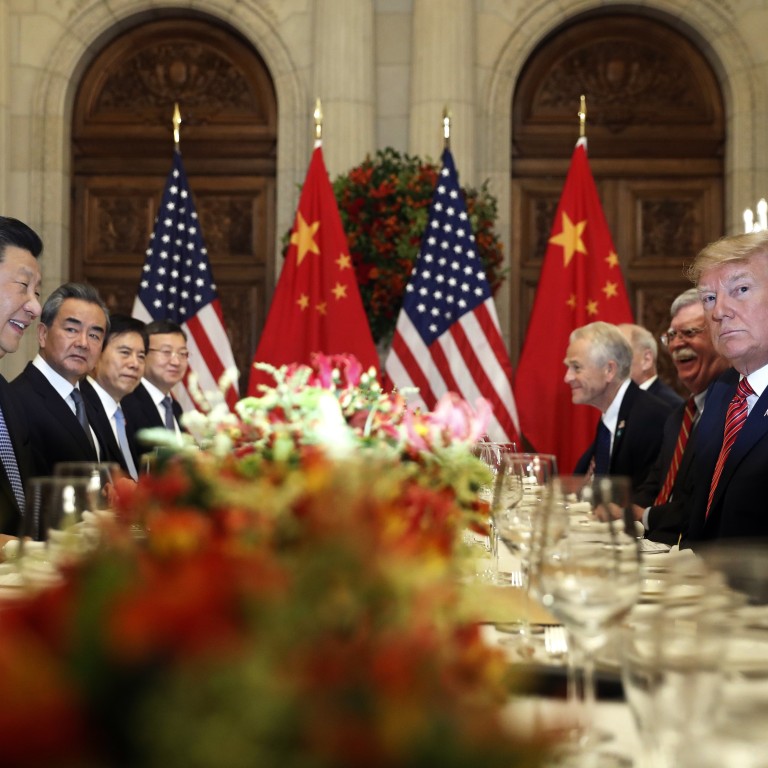
North Korea, legal marijuana and the South China Sea – here are nine big issues for Asia in 2019
- Observers will also be closely watching the outcome of four key elections, the rise of new technology and the ongoing US-China trade war
Here are nine issues and news events to watch in the year to come.
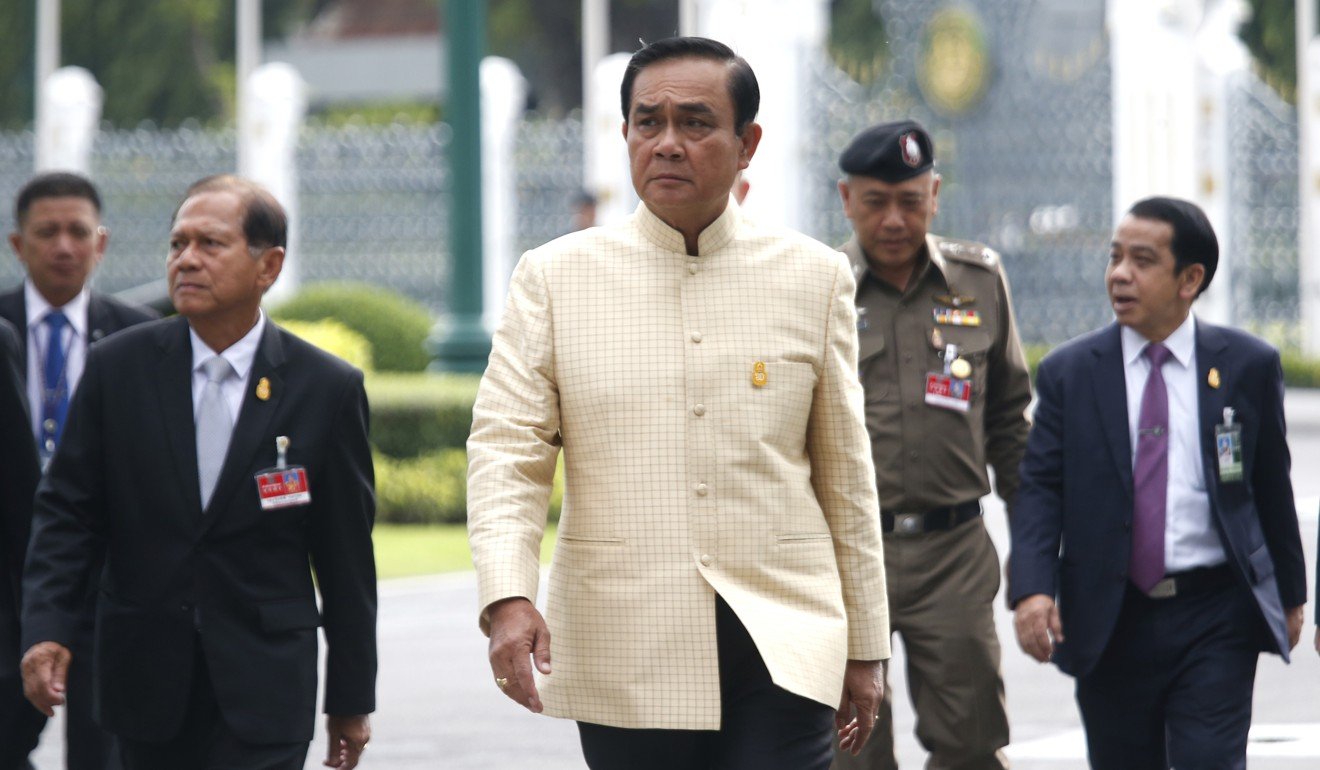
Thailand is going to the polls, but there’s a bumpy road ahead
How price of sugar could swing the Indonesia election
Modi’s ruling BJP suffers major setback in state election battle
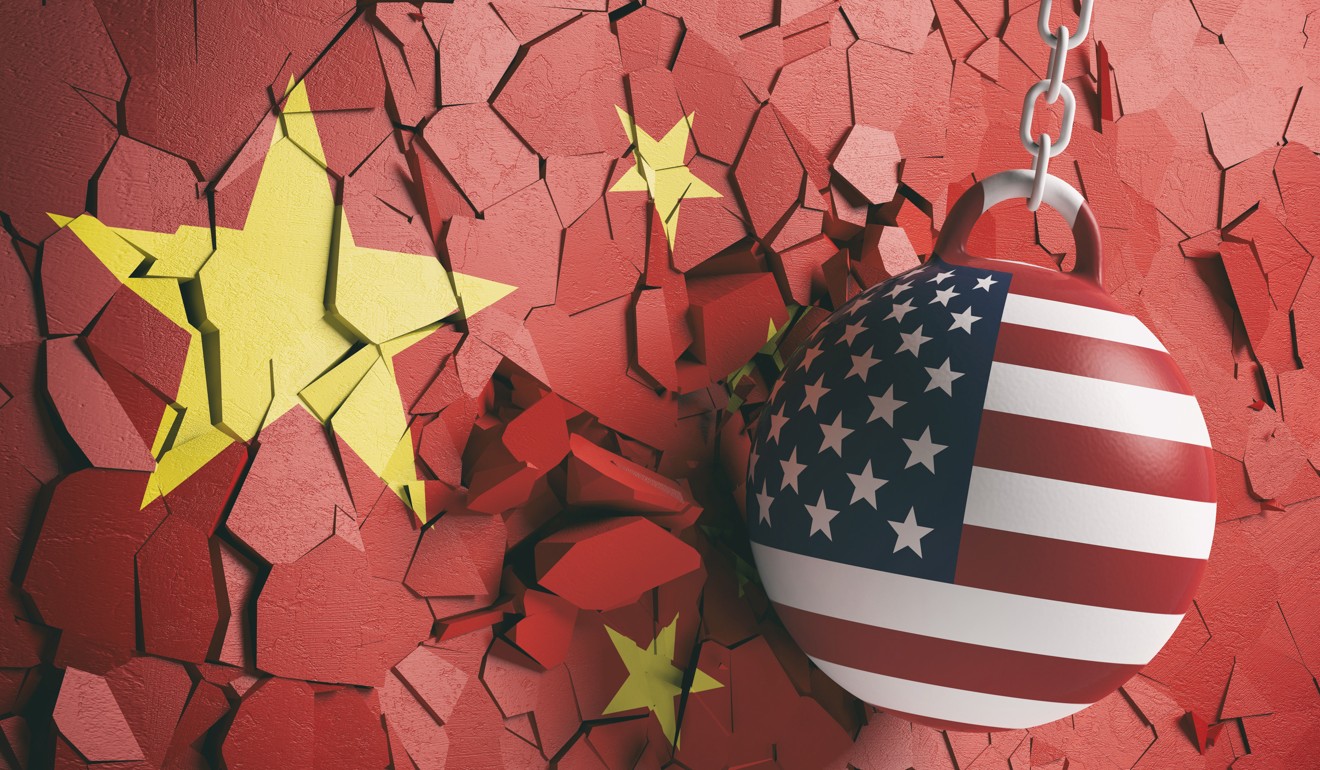
2. US-CHINA TRADE WAR: Asia will bear the brunt of the trade war. The question is: how bad will it get?
Singapore companies enduring mixed fortunes in US-China trade war
How the US-China trade war will make or break Asean
New Zealand winemakers set sights on Japanese drinkers as TPP opens new markets
KEY DATES: June 28-29, Japan will host its first-ever G20 Summit in Osaka.
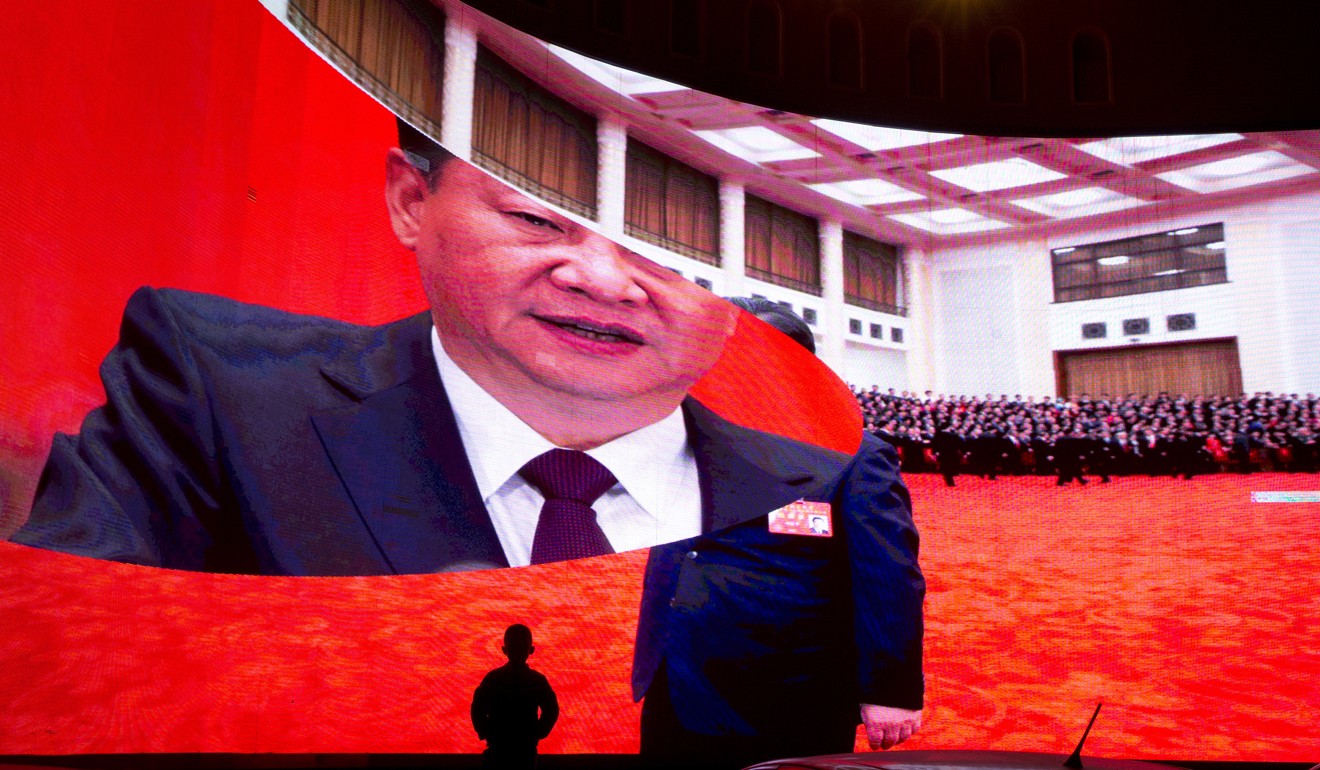
Forget Xinjiang’s re-education camps, China’s still a draw for Muslim tourists
Tiananmen museum to open in time for 30th anniversary of crackdown
DATE TO WATCH: October 1, the 70th anniversary of the founding of the People’s Republic of China
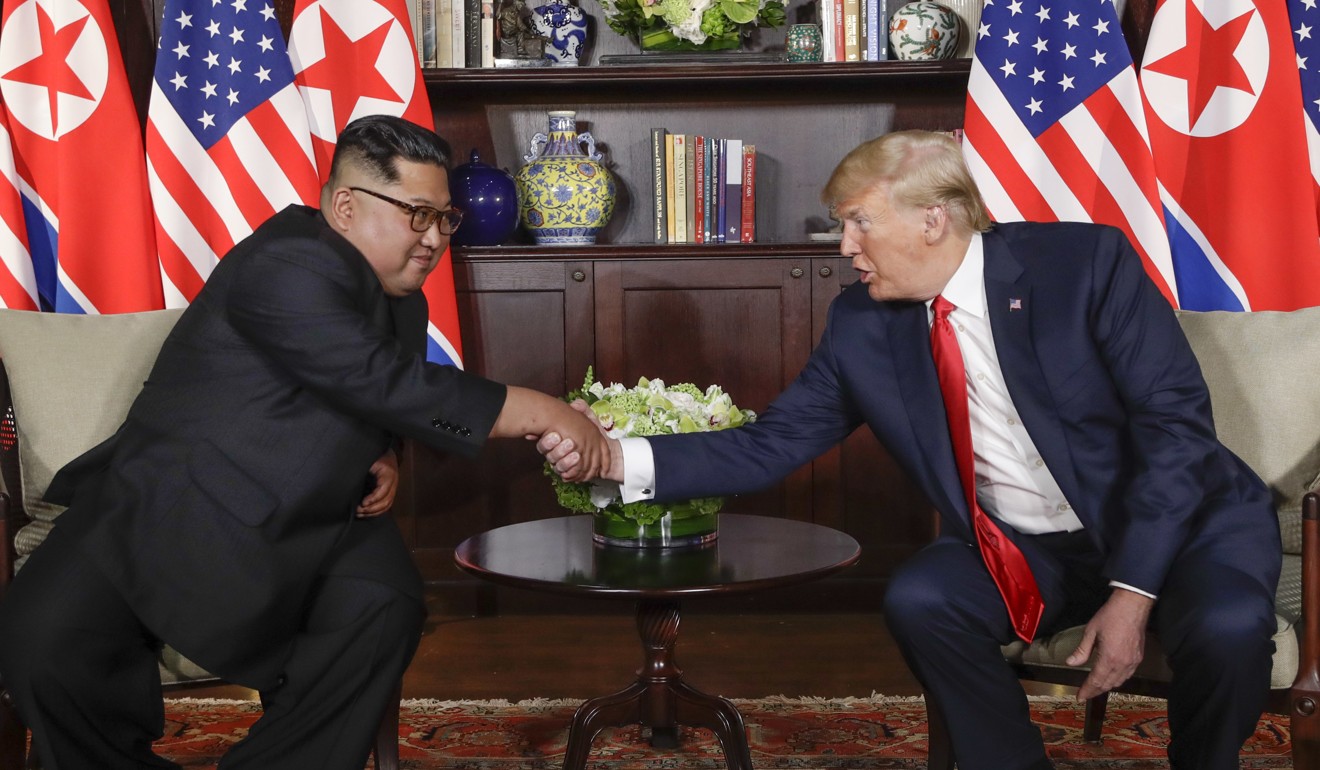
Trains between North and South Korea fuel energy supergrid hopes
‘Last adult’ James Mattis leaves the room: what next for Asia?
The abrupt resignation of James Mattis as defence secretary has also added uncertainty to the US alliance with Seoul and its ongoing talks with Pyongyang.

5. SOUTH CHINA SEA: Washington continues to criticise Beijing’s “militarisation” of the crucial sea lane, where China has overlapping claims with Vietnam, the Philippines, Malaysia and other countries.
South China Sea code of conduct talks may not all be plain sailing next year
“In addition to highlighting its new weapons systems and aircraft carrier, China will expand the size of its military exercises in the South China Sea and escalate its harassment of US Navy ships conducting freedom of navigation operations there,” said Carl O. Schuster, a retired US Navy Captain at Hawaii Pacific University.
Indonesia opens military base on edge of South China Sea
“Japan and Taiwan will experience increasing Chinese military activities along their air defence identification zones and face politico-economic pressures over Beijing’s displeasure with their defence policies. The American and regional responses to those actions will shape the region’s media and strategic environment.”
KEY DATES: June 22-23, an Asean summit in Thailand may push forward a maritime code of conduct with China in the disputed waters.

Vietnam’s rising tech talent help put country on the start-up map
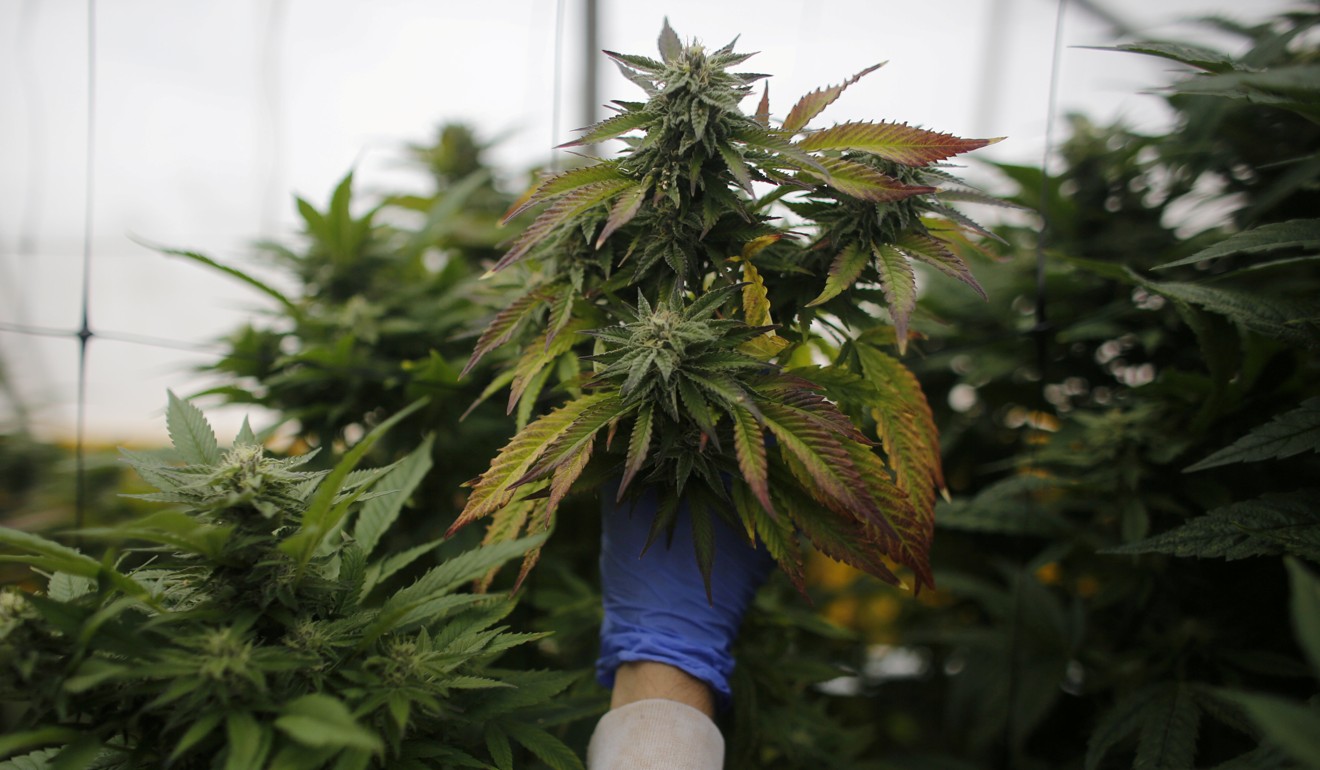
7. MARIJUANA MOMENTUM: This week, Thailand became the first country in Southeast Asia to approve medical marijuana. A lawmaker even went on TV and called it a “New Year’s gift … to the government and the Thai people.”
Bangkok is expecting at least US$3 billion a year in revenue, according to reports. Other Asian nations might be close behind.
Thai government legalises medical marijuana and same-sex civil unions
Malaysia has begun informal cabinet discussions on legalising medical marijuana. Nepal, Bhutan and India may also be open to legalising medical cannabis, according to Transnational Institute, an Amsterdam think tank.
DATE TO WATCH: April 20, or 420, the unofficial day of celebrating marijuana culture.
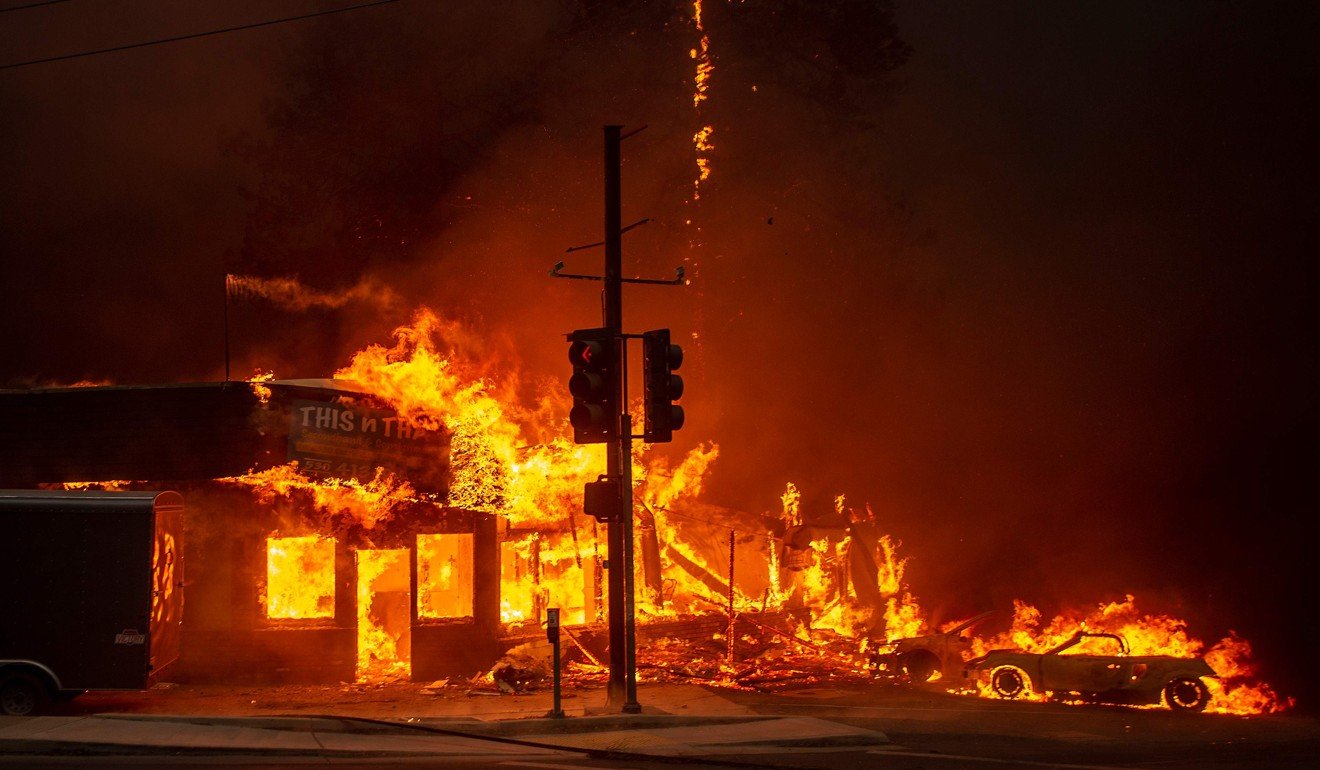
‘We face extinction’: island nations urge immediate climate action
Recycling, meanwhile, is a mess in Asia. China last year stopped accepting the world’s recyclables, leaving countries like Malaysia, Vietnam, and Thailand trying to a handle mountains of recyclable waste without the right infrastructure or regulations. This will be a pivotal year for the US$200-billion recycling industry.
Dead whale washes ashore in Indonesia with 115 plastic cups and a pair of flip-flops in its stomach
DATE TO WATCH: September 23, the UN 2019 Climate Summit in New York. The slogan is “A race we can win.”
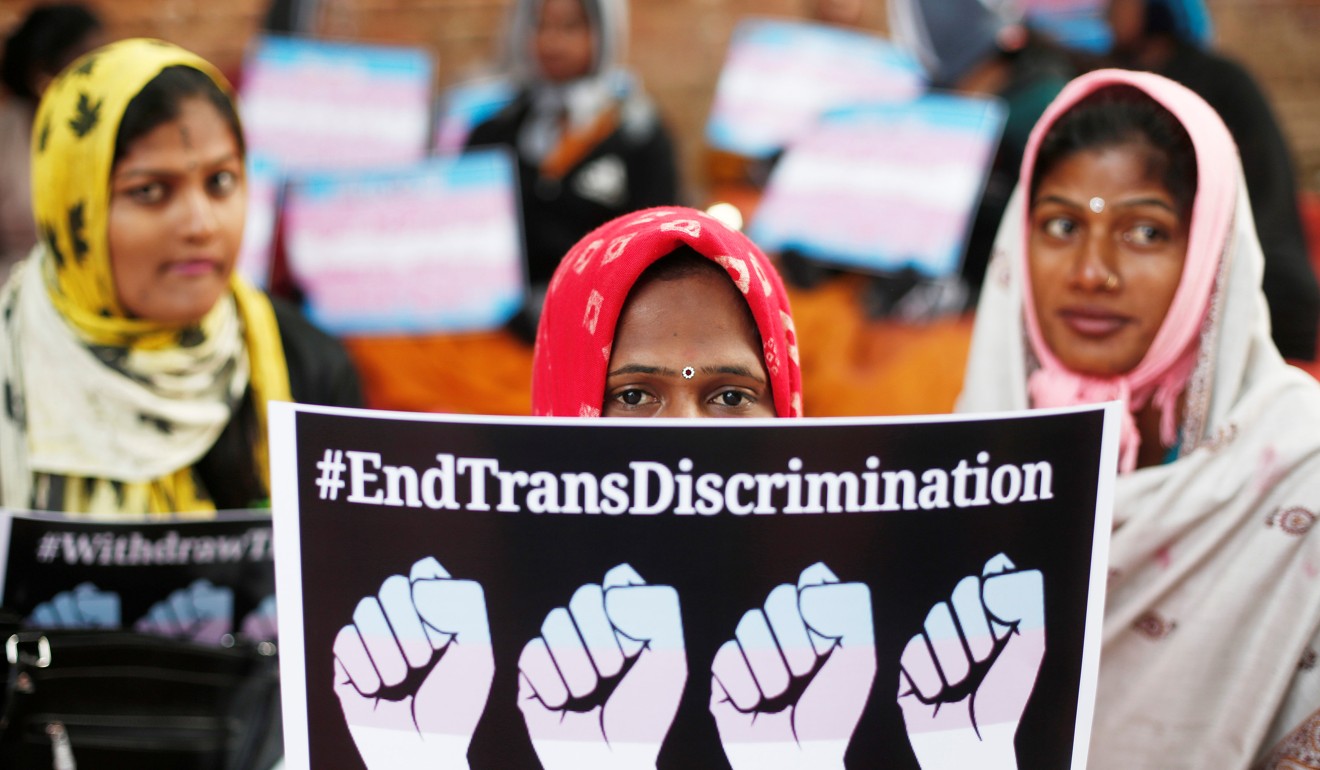
9. THE LGBT MOVEMENT: Asia looks set to continue a polarising debate over gay rights and same-sex marriage.
Landmark changes may lead other nations to follow. Thailand this week approved a bill legalising same-sex unions.
‘A huge load off’: gay Singapore couple open up after landmark adoption case
A few days earlier, Singapore allowed a gay couple to adopt their 5-year-old son conceived through a surrogate. Pride events are now held across the region.
Lost in transition: how it really feels to be transgender in Thailand
And anger has escalated in Indonesia, where a wave of arrests, state-sanctioned discrimination and public hostility struck fear in the LGBT community. Activists now warn that the situation could deteriorate even further ahead of national elections in April.
DATE TO WATCH: Valentines Day in Japan. A group of same-sex couples will file coordinated lawsuits across the country to draw attention to what they feel is Japan’s reluctance to honour gay marriages.

